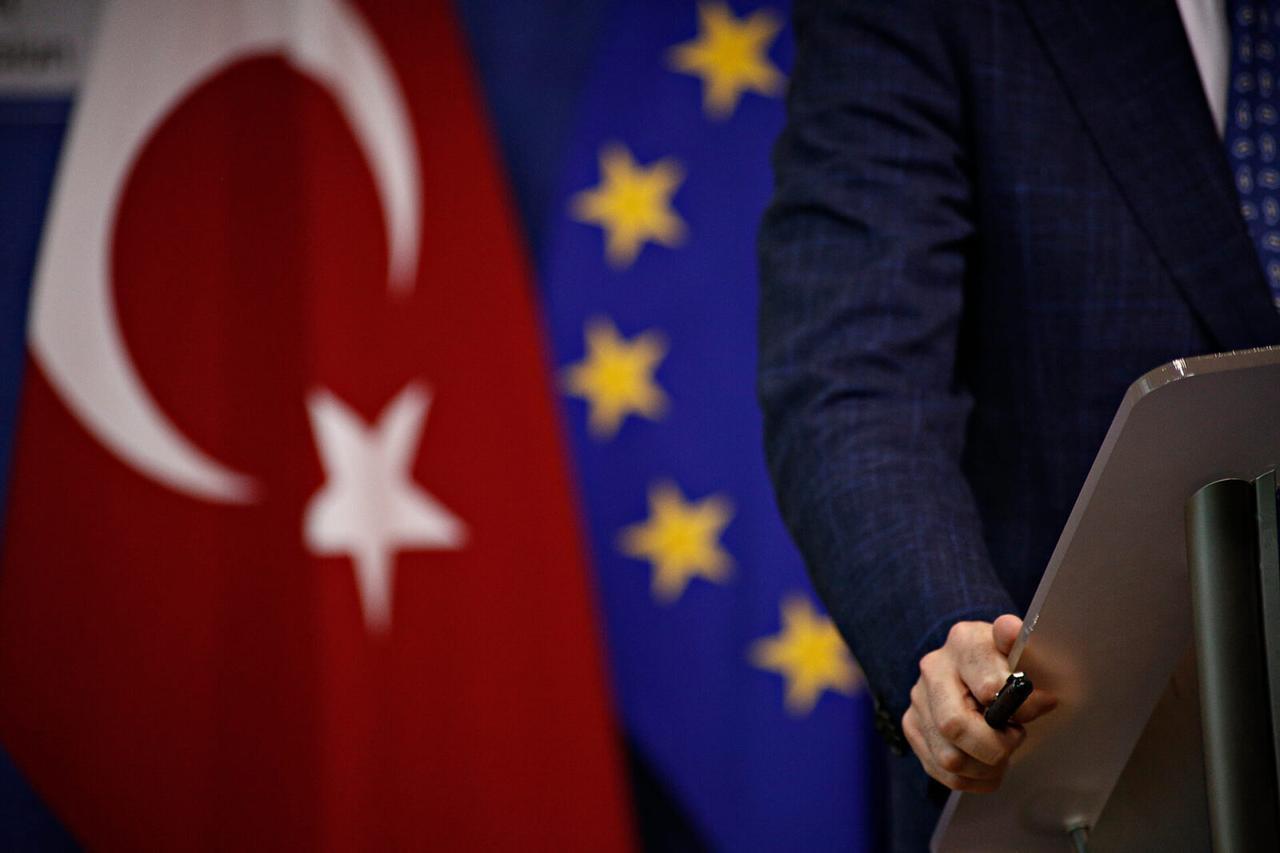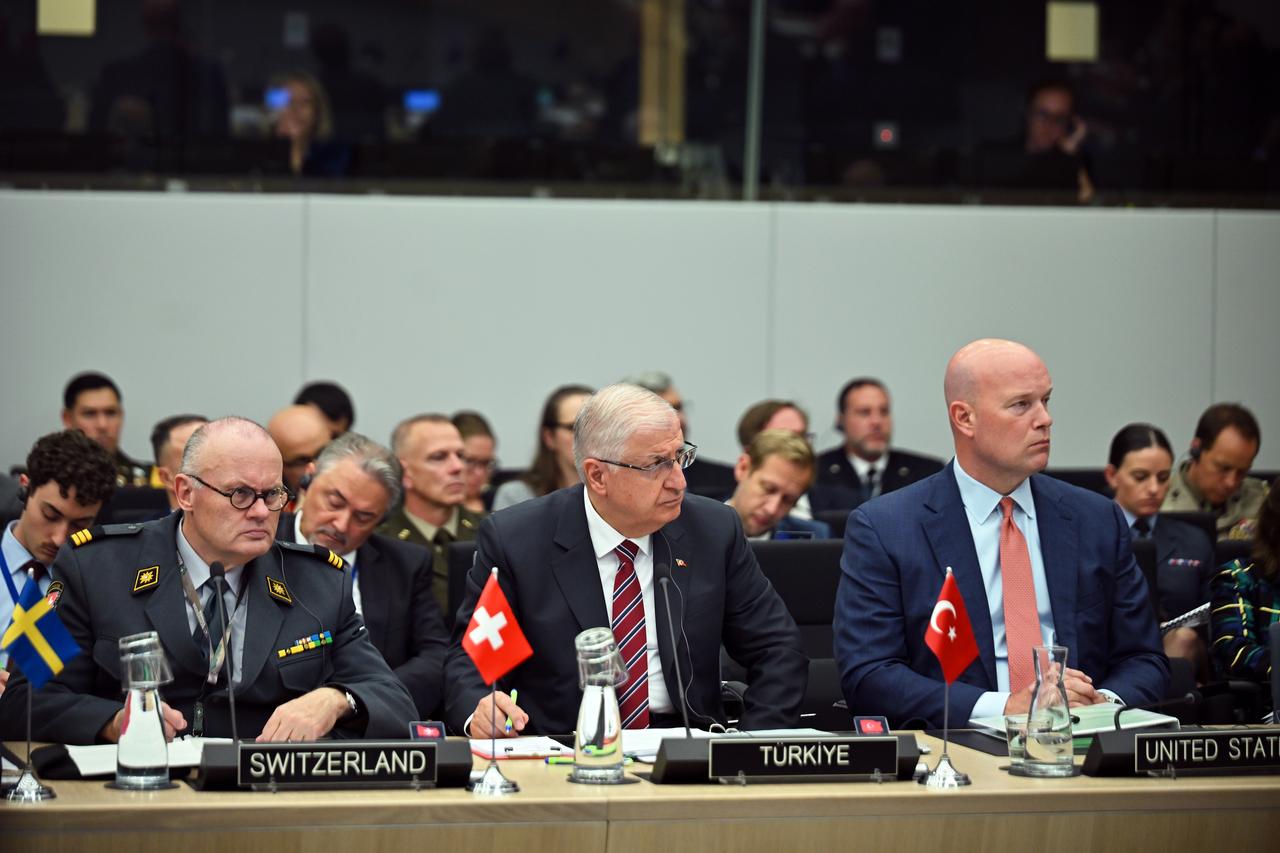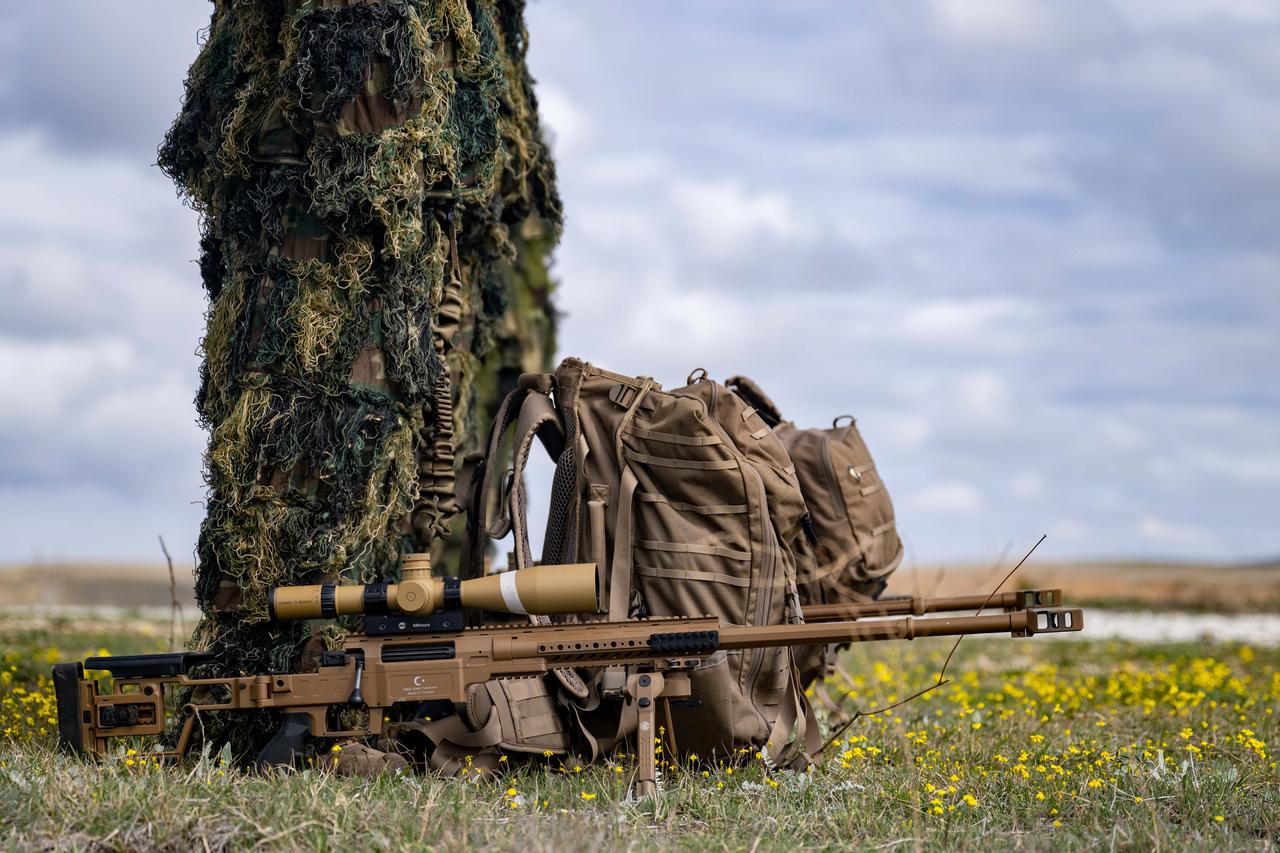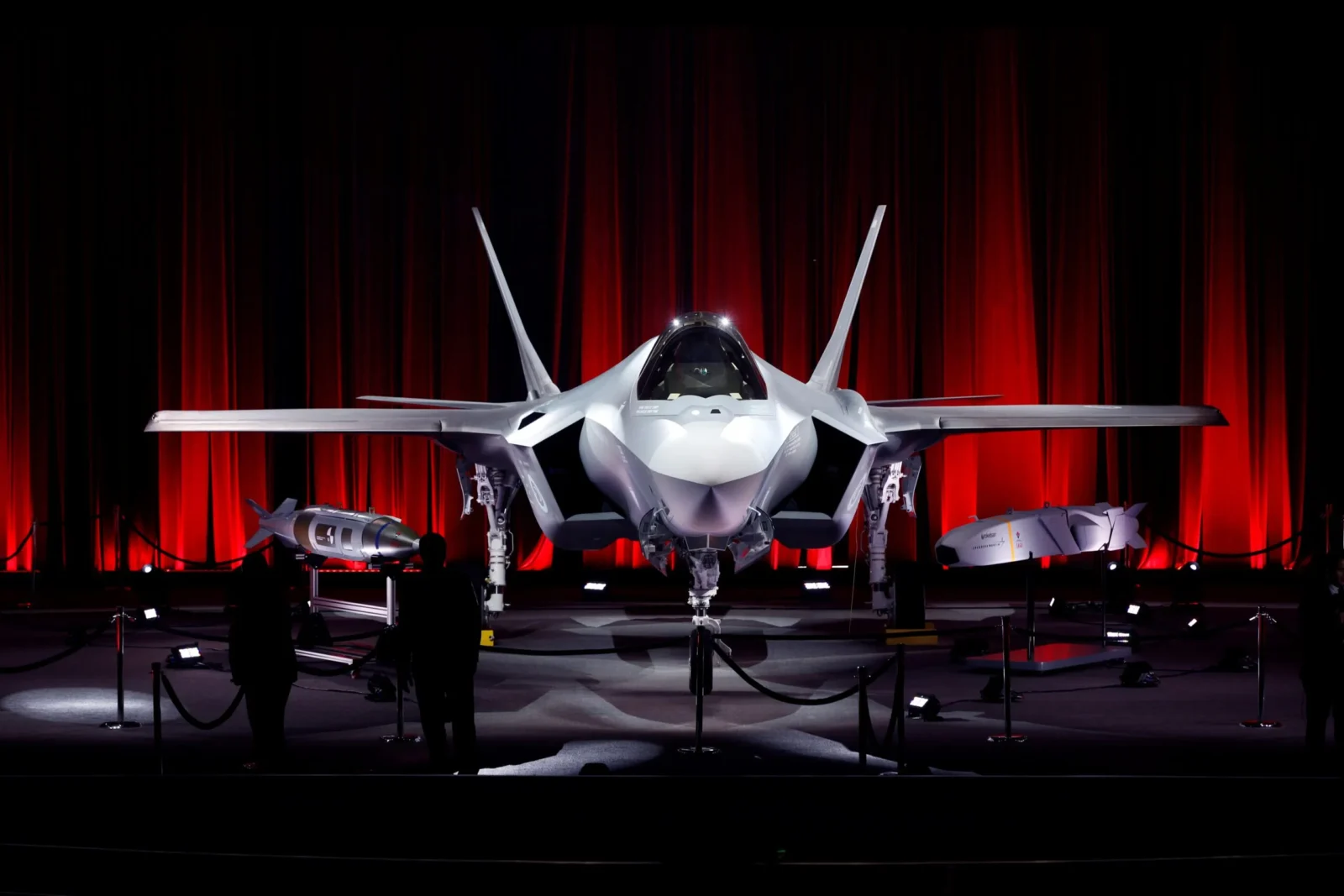
Türkiye will press European allies planning to sharply increase defense spending to ease restrictions that currently require most funding to be spent within the EU, Defense Minister Yasar Guler told Reuters ahead of a NATO meeting.
The European Union has approved creating a €150 billion ($170 billion) EU defense fund called the Security Action for Europe (SAFE) scheme to boost the defense industry. However, current regulations mandate that 65% of projects must be funded by firms in the EU bloc, the broader European Economic Area, or Ukraine.
In written answers to Reuters questions, Guler said such restrictions would exclude non-EU countries like Türkiye from Europe's defense and security architecture, calling this "an issue that cannot be discussed only within the EU."

Defense Minister Guler emphasized that Türkiye, which has NATO's second-largest army after the United States, possesses advanced capabilities that would be valuable to allies planning major new defense spending.
"Allies need to spend not only more, but also smarter—and there is a need for more cooperation than ever before," Guler said when asked about President Trump's call for NATO members to increase defense spending to 5% of economic output.
Türkiye wants to "build the security of the future together" with the EU and would continue working with "open-minded and visionary European allies within or outside SAFE," he added.
The defense minister highlighted Türkiye’s strengths in drones, air defense, naval systems, armored vehicles, land platforms, electronic warfare, radar systems, and missile and ammunition production.
These technologies, Guler noted, support the need for allies to use defense budgets more strategically and in greater cooperation.

Greece, Türkiye's longstanding regional rival, has demanded that Ankara lift a 30-year-old war threat over territorial waters as a condition for accessing EU defense funds.
Guler called such demands a mistake, stating they amount to "involving multilateral platforms in bilateral disputes."
The defense minister also expressed hope that a potential meeting between Presidents Donald Trump and Recep Tayyip Erdogan could yield progress in lifting U.S. sanctions that expelled Türkiye from the F-35 fighter jet program.
Ankara's defense cooperation with NATO allies has been hampered by U.S. sanctions imposed over Türkiye's decision to purchase Russian S-400 air defense systems, resulting in expulsion from the U.S.-led F-35 program as both buyer and manufacturer.
A potential meeting between Erdogan and Trump, leveraging their close personal relationship, could "breathe new life" into bilateral defense ties and help lift sanctions, Guler suggested.
Although Ankara would not abandon the S-400 systems, lifting sanctions would allow consideration of returning to the F-35 project, he indicated.

The SAFE initiative provides EU member states with up to €150 billion in loans backed by the EU budget to boost defense capabilities through common procurement.
The program offers long-maturity loans with a maximum duration of 45 years and a 10-year grace period for principal repayments, making them more cost-effective than national borrowing due to the EU's high credit rating.
The loans support common procurement in seven priority areas:
Currently, EEA/EFTA countries and Ukraine can participate in common procurements but cannot receive loans. Additional participation may include acceding countries, candidate countries, and other third countries with EU Security and Defense Partnerships.
The program represents the EU's first major initiative to increase investment in European defense capabilities amid an increasingly challenging security environment and uncertain U.S. security commitments.